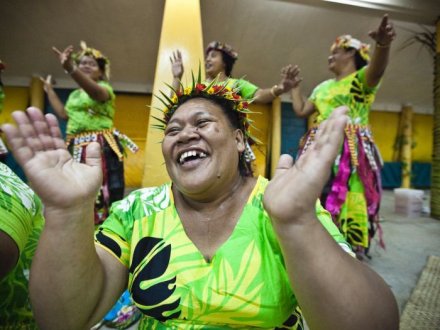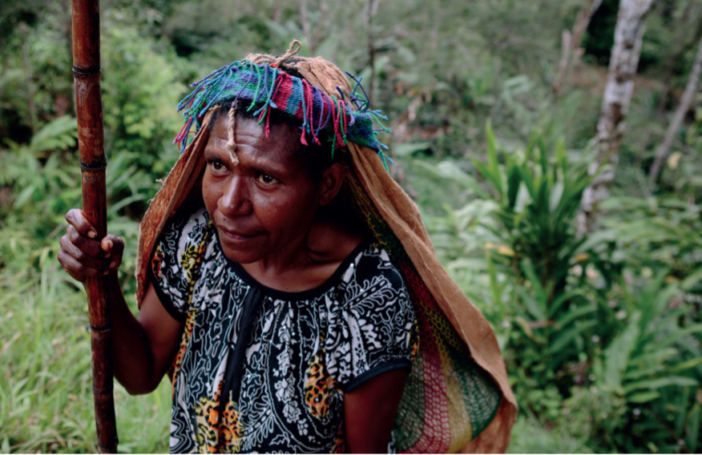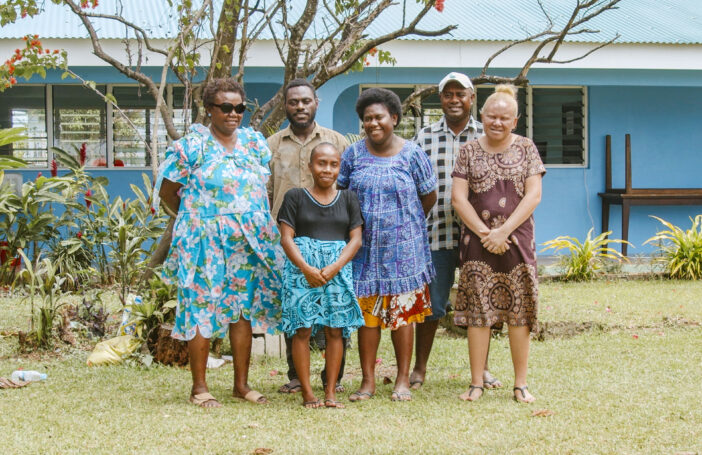In memory of Simon Tiller, a tremendous professional and a wonderful person.
Last month marked my 40 years in development economics, including 30 years in the Pacific. It’s been a long journey. My seven posts for this blog tell of a personal Pacific voyage from the experiences of failed government investment in fishing, to improving the environment for private business, to building capacity, to the priorities of the poor and to what policies and institutions work, to the framework for growth and the need for participation. The lessons from each experience grew out of its predecessors, with each new set of discoveries resolving some development conundrums but also raising new ones. There has been much to learn that could not be found in the development textbooks and agency manuals of the day. I have been fortunate to make this voyage and am grateful to the institutions that have funded it. I would like to thank all the fine consultants who have shared these experiences with me. I am grateful to all the islanders I have known for their unlimited patience. I admire their resilience and commitment to what they hold dear.
In my last post I concluded that: “Given the still evolving nature of the islands’ institutions and political systems, all reforms and all development assistance should embody processes that strengthen transparency, participation and accountability.” The most successful development interventions that I know of in the Pacific today – those that have not only been relevant, efficient and effective but where impacts have also been sustained – have tended to be those interventions that have been designed, further developed and implemented in a participatory manner.
These more participatory, and also transparent and accountable, “successful” projects, programs, policy reforms and institutional changes have included: the identification of the priorities of the poor throughout the Pacific [pdf]; the reform of fisheries policy in both the Marshall Islands and at the regional level; addressing youth unemployment in the Marshall Islands; solid waste disposal in the Marshall Islands and Kiribati; national planning in Nauru; land reform in PNG and Samoa; and overall economic reform in Samoa.
There are other factors that contribute to success, including: champions of reform; firm leadership; good communication; solid management; appropriate expert advice; external pressure; and adapting to local perceptions of change and local cultural demands. I can think of other projects that have succeeded without strong elements of participation. However, these tend to have been limited in scope, such as completing a survey or census and producing a report. Increasing capacity, and improving production, productivity, service delivery and incomes usually require a lot more effort, including broad political support.
Why should participation matter? I previously mentioned the need to counter the shortage of inclusive institutions in the islands. Let me be frank, and say what development institutions and friends of the Pacific are generally too afraid to say. The major obstacle to Pacific development is not distance or size, but the simple fact that the governments of these islands are not sufficiently oriented to the service of the public or the development of the economy. This is not a problem that can be solved overnight, and solutions can only come from within. But participatory processes open the door to inclusive solutions and increase the probability of good and durable public policies.
Another factor is the complex, under the water line environment and political economy that is likely to be more compelling or constraining in a small island setting. From Niue to the more than 800 wantok of PNG the entire Pacific is made up of small communities and there must be a considerable reluctance to risk change when the larger external community can threaten all you know and hold dear in a small society. Another concern to overcome is the limited understandings and short memory of development agencies (as I again experience returning to the islands as a consultant).
Bridging gaps in our understanding and adjusting for local perceptions and demands requires a degree of confidence and also humility, with the latter not always present in donor capitals. Not only may humility be lacking but an enquiring mind may also be absent. The social and political fabric of the islands can be overlooked as suppliers of assistance focus more on technical and capital needs. Further, as the reviewer of Ron Duncan’s political economy publication comments: “development partners ‘arrive’ with norms and expectations deriving from their own political and cultural framework and negotiating the ongoing relationship between differing and sometimes conflicting beliefs and practices is an activity that is more than simply appropriate; it is crucial to effecting meaningful change.”
The continuing development effort in the Pacific remains significant and needed. Pacific island economies have commonly exhausted their earnings on the international stage such as from aid, remittances and Trust funds. Further growth has to come from opening up the domestic economy and for this to happen much greater local accommodation of change is needed, and participation and associated transparency and accountability is therefore essential. Such practice can also help build those more inclusive institutions that in turn can help develop more progressive societies and economies.
Based on my own limited experience the participatory processes should be tailored to each individual set of circumstances. The processes can take many forms, from village meetings to national summits, from island-wide consultations led by civil society and /or government staff, to a series of facilitated workshops. They can be kicked-off by high-level facilitated retreats or public hearings. Participatory processes will likely need to be fed by appropriate technical and policy information. People also need to experience positive change so that they return to the table of participation. In all cases the exercises must identify and build on demand from the ultimate recipients of change.
Participatory processes often have to be understood and accepted (if not driven) from the top, in addition to all others who are potentially affected. This is because change or reform that may be seen to be small by some can be large relative to the concerns of those potentially impacted. Also, from my experience there can be this large whale in the room of change that participants well know but do not speak of. This is the intervention or change that cuts across existing local and / or external self interests. Unaddressed, the needs of the whale can prevent the needs of the many from being fulfilled.
Based on what I have witnessed, in all circumstances, participation has not only been possible but it has been relatively easily applied. It has not taken up too much time nor added greatly to the cost. Participatory processes can work and have worked even where larger concerns and other vested self-interests have to be understood and engaged with. Whatever additional participation has been required has more than paid off in terms of local ownership, and ultimately in a more sustainable impact. It amazes me that participation has not been more regularly supported. For me therefore, the more relevant question is whether the main players, the governments and development agencies, are prepared to try. Can the political economy of both recipient governments and development agencies support active participation in the islands?
This will be my last post for now, at least until I learn some more.
Simon Tiller was a fisheries, coastal and marine resources expert who spent decades working in the Pacific.
The ‘Pollard’s Pacific Reflections’ series has been compiled as the latest Devpolicy Discussion Paper.
Steve Pollard, known in the Pacific as a government employee, researcher, consultant and donor staffer, recently retired from the ADB. He has almost 30 years’ experience working toward the interests of better policy for better livelihoods in the Pacific, and almost 40 years’ experience in development.






Great article and while I support 100% that participatory processes are key to successful projects in SIDS. I disagree with your mention of “land reform in Samoa” being a good example. I beg to differ and ask this: Participation for whose benefit?
In most cases, it is for the development partner’s and for economic development that overlooks the holistic and the overarching concerns of the indigenous person/locals/culture.
These participatory processes are therefore very rarely for the sake of the locals who have been summoned to “participate”.
Based on the work of Samoan consultants that was commissioned by ADB for the Capacity Development study a few years ago and my own discussions and visits to Samoa, I understand the land reform process in Samoa to have been largely funded by external agencies but fully lead and participated in by Samoans. However, I think the best person to comment on this would be Hinauri Petana.